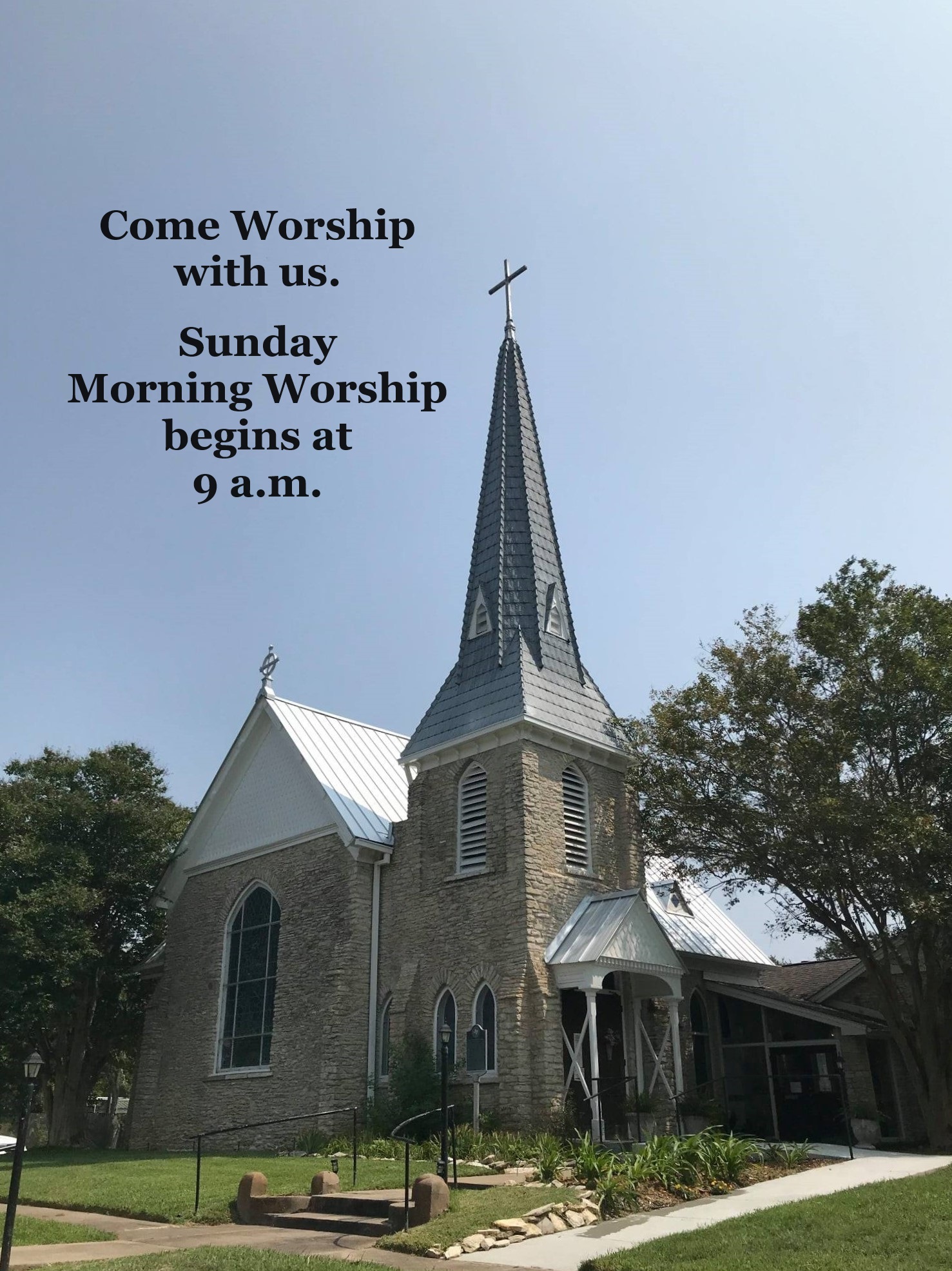 The word “episcopal” refers to governance by bishops. The historic episcopate (bishops) continues the work of the first apostles in the Church: guarding the faith, unity and discipline of the Church, and ordaining men and women to continue Christ’s ministry. An Episcopalian is a person who belongs to The Episcopal Church, which encompasses churches in the United States and 16 countries. These include: Taiwan, Micronesia, Honduras, Ecuador, Columbia, Venezuela, Haiti, Dominican Republic, Virgin Islands, Puerto Rico, Churches in Europe, (Austria, Belgium, France, Germany, Italy and Switzerland). The Episcopal Church is part of the worldwide Anglican Communion.
The word “episcopal” refers to governance by bishops. The historic episcopate (bishops) continues the work of the first apostles in the Church: guarding the faith, unity and discipline of the Church, and ordaining men and women to continue Christ’s ministry. An Episcopalian is a person who belongs to The Episcopal Church, which encompasses churches in the United States and 16 countries. These include: Taiwan, Micronesia, Honduras, Ecuador, Columbia, Venezuela, Haiti, Dominican Republic, Virgin Islands, Puerto Rico, Churches in Europe, (Austria, Belgium, France, Germany, Italy and Switzerland). The Episcopal Church is part of the worldwide Anglican Communion.
We believe:
- the Holy Scriptures are the revealed word of God, which inspired the human authors of the Scripture, and which is interpreted by the Church under the guidance of the Holy Spirit.
- the Nicene Creed is the basic statement of our belief about God.
- the two great sacraments given by Christ to the Church are Baptism and the Holy Eucharist.
- The teachings and beliefs of the Episcopal Church are articulated in an "Outline of the Faith" in our Book of Common Prayer
The Episcopal Church follows the “via media” or middle way in our theology and discussions because we believe that, whether or not we agree on a particular topic, we all are beloved by God and can have thoughtful and respectful discussions. There are no prerequisites in the Episcopal Church … everyone is welcome.
Historically, bishops oversee the Church in particular geographic areas, known as dioceses. In the worldwide Anglican Communion, the Archbishop of Canterbury occupies a special position by virtue of history and tradition, but he does not hold a governing position.
Bishops from the Anglican Communion meet regularly for the Lambeth Conference in Canterbury. Collegiality among bishops is the substitute for authority, and communal discernment is the substitute for decision-making power.
Each bishop and diocese, operating through a local annual council, determine the character of life and work in that diocese within a set of general decisions made by a triennial General Convention of The Episcopal Church. These decisions are formalized as canons, or rules that govern. Each diocese elects and sends clergy and lay representatives to the General Convention. The annual Council of the Diocese of Texas takes place each February.
The Episcopal Church celebrates diversity of people and worship styles, yet all worship follows the form set out in the Book of Common Prayer. We are known for our engaging and beautiful worship services. For those who have grown up Roman Catholic, the service, known as the Mass, Eucharist or Holy Communion, will be familiar. For those of reformed tradition or those with no religious tradition, we think you may find a spiritual home in a church that respects its tradition and maintains its sense of awe and wonder at the power and mystery of God.
We honor tradition and strive to live by the example of Jesus Christ, welcoming the stranger and the outcast, helping our neighbors and offering love and forgiveness. The Episcopal Church has 2 million members in 7,500 congregations.
Our Diocese, The Episcopal Diocese of Texas is led by Bishop C. Andrew Doyle. In addition to the Diocesan Center in downtown Houston, there are regional centers at the Seminary of the Southwest in Austin and at All Saints Episcopal School in Tyler. Bishop Suffragan Kathryn M. Ryan offices in Austin and Bishop Suffragan Jeff Fisher is in Tyler. Additionally, Bishop Hector Monterroso joined the staff in July, 2017 as assistant bishop and offices in Houston. He oversees 153 congregations (76,000+ members) in 57 counties spread over nearly 50,000 square miles. The Diocese is one of six in the state. Congregations vary widely in size; as measured by attendance, six of the largest parishes in the top 35 in the United States are in EDOT, two of which are Spanish-speaking. Congregations throughout the Diocese offer a broad range of worship styles, from traditional to contemporary, from jazz to Taizé. Parishes similarly reflect a diversity of views--traditional to more liberal--on issues facing the Church today.
There are 58 Episcopal schools in the Diocese of Texas, and a number of institutions including: St. Stephen’s boarding school (Austin) and Episcopal High School (Houston); El Buen Samaritano (a social service agency in Austin) and St. Vincent’s House (clinic and care for the underserved in Galveston). Camp Allen, a nationally known diocesan camp and conference center, accommodates a variety of spiritual, social and educational events for all ages. The Diocese also has five foundations dedicated to the health and growth of the Church. The Episcopal Health Foundation, funded in 2013 from the transfer of St. Luke’s Episcopal Health System to Catholic Health Initiative, has a corpus of $1billion plus and is dedicated to funding transformational health initiatives throughout the Diocese.

